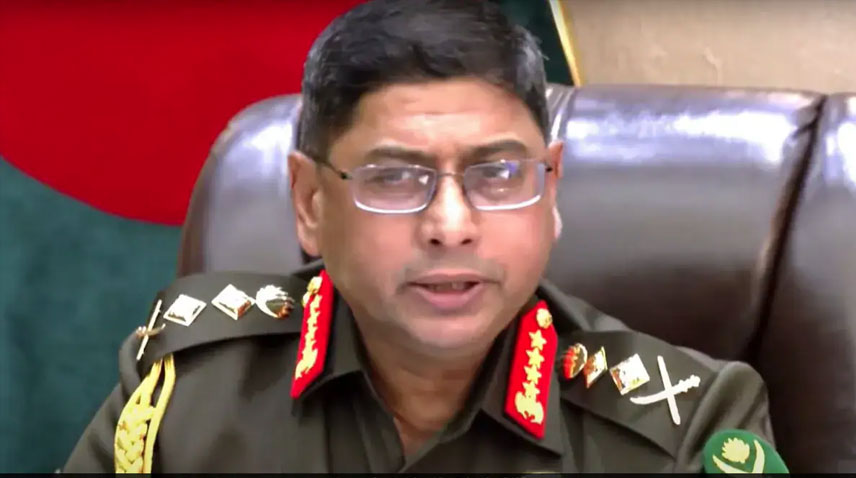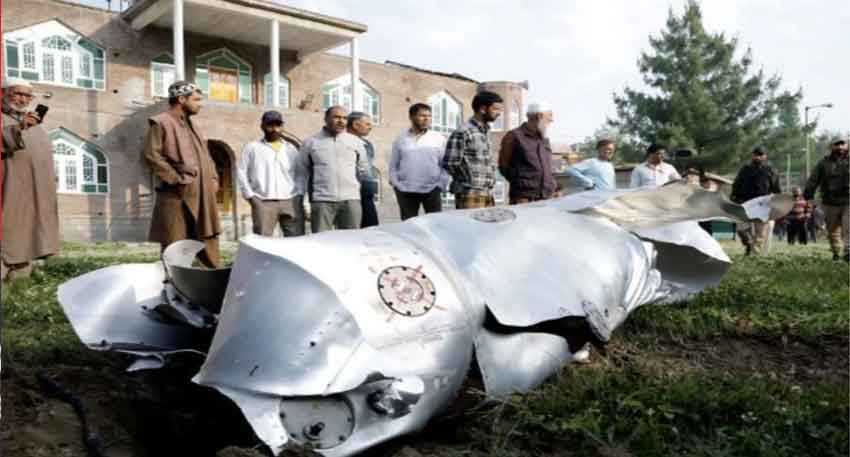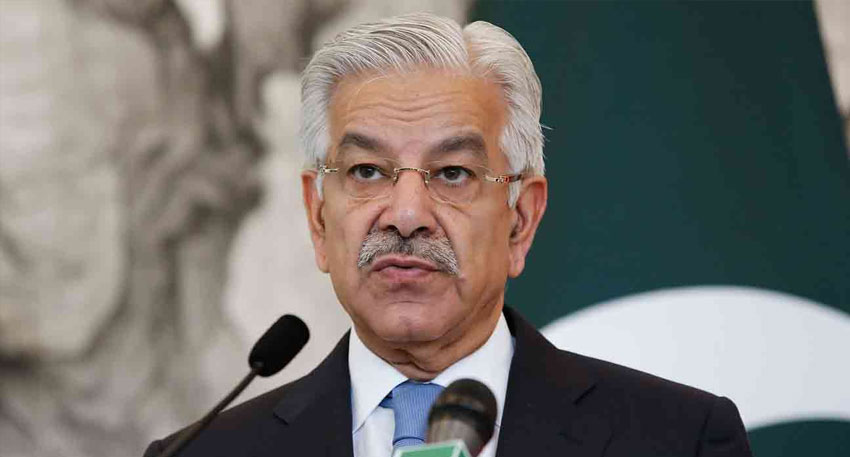
Regarding the relationship with India, Waker-Uz-Zaman said that the military was very keen to maintain its cordial relations with the big neighbour. He said Bangladesh was dependent on India for a wide range of things as was India on Bangladesh.
He said it was a relationship of give and take and one had to negotiate or bargain for a better share of the pie. "But we should not do anything that makes it seem that India is dominating us in any way that harms our interests."
He further said that having learnt its lessons from the past, the army resolves to stay out of politics.
"Meddling in politics is harmful for the army. Such things have happened in the past and we have learned from them." Waker-Uz-Zaman said in an exclusive interview with the daily Prothom Alo published today.
The army must not interfere in politics, he said.
The four-star general was answering a question hinting that there were apprehensions within the people about the army s interest in politics and that this had happened before.
The army boss said the army s interference in politics has never been good for them. "So, it is my pledge that during my tenure as army chief, I will not meddle into politics. I will not let the military interfere in the political affairs."
He continued saying, "Only politicians can replace politicians. The army can t be an alternative for politicians."
When pointed that the army s Directorate General of Forces Intelligence (DGFI) had meddled into political affairs before, the army chief said that DGFI was an autonomous agency but the army did not want to do anything of that sort.
Waker-Uz-Zaman recalled his experience from 1/11 (referring to the two-year tenure of a military controlled caretaker government) that had left a bitter taste. "There is a higher risk of army officers breaching discipline with long term deployment in the field." Acknowledging that interference in politics during those two years had not boded well for the army, the army chief said regarding he would happily send his soldiers back to their barracks as soon as the police were ready to resume their duties in earnest.
The army is currently aiding the civil administration vested with magistracy powers, he said.
Asked about the army s support for the interim government, Waker-Uz-Zaman reiterated the army s full-fledged support for the incumbent government, saying, "We will assist the chief adviser in whichever manner he seeks our cooperation."
He said he would not mind aiding the government even if it inconvenienced the military. "We will do it in the interest of the country and nation."
Regarding a question about the government assailed with numerous demands from diverse groups, the army chief thought people should restrain themselves and not become a burden on the interim government. That, he said, would make it easier for the incumbents to hold quick elections and pave the way for an elected government.




